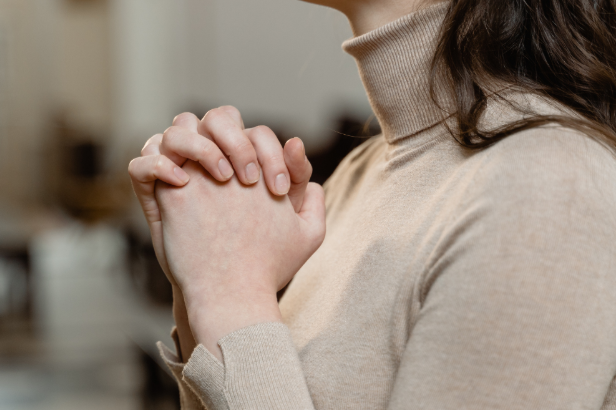What Are Some Of The Rules For Orthodox Jewish Women?
Orthodox Jewish women live by a framework of religious laws and customs that shape their daily lives, relationships, and spiritual practices. These guidelines, rooted in halakhah (Jewish law), are not arbitrary restrictions but are seen as pathways to holiness, dignity, and purpose. While some aspects may appear limiting from a secular perspective, many Orthodox Jewish women find deep meaning and identity within these practices.
Modesty (Tzniut): Dress and Behavior
Modesty, or tzniut, is a central principle in Orthodox Judaism, influencing both attire and conduct. For women, this means wearing clothing that covers the collarbone, elbows, and knees. Married women also cover their hair, often with wigs (sheitels), scarves, or hats . This practice is not about suppressing individuality but about fostering a sense of inner dignity and respect.
Behaviorally, tzniut encourages humility and discretion. Women are expected to conduct themselves with grace, avoiding loud speech or attention-seeking behavior. This extends to social interactions, where maintaining appropriate boundaries is emphasized.
Family Purity Laws (Taharat HaMishpacha)
Family purity laws, or taharat hamishpacha, govern intimate relations between husband and wife. During menstruation and for seven days afterward, couples abstain from physical contact. After this period, women immerse in a ritual bath (mikveh) before resuming marital relations.
These laws are seen as a means to sanctify the marital relationship, introducing cycles of separation and reunion that can deepen emotional bonds. While the practices require discipline, many couples find that they enhance communication and mutual respect.
Roles in Religious Life
In Orthodox Judaism, men and women have distinct roles in religious practice. While men are obligated to perform certain time-bound commandments, women are exempt from these due to their responsibilities in the home. This exemption is not viewed as a lesser status but as a recognition of different, yet equally valuable, contributions.
Women are encouraged to engage in prayer, study, and acts of kindness. In recent years, there has been a rise in women's Torah study and leadership within the bounds of halakhah. Some communities have embraced partnership minyanim, where women lead certain parts of the service.
Education and Career
Education is highly valued in Orthodox communities. Girls attend schools that provide both secular and religious studies, preparing them for various roles in society. While marriage and motherhood are central, many Orthodox Jewish women pursue higher education and careers, balancing professional aspirations with family life.
Fields such as education, healthcare, and business are common career paths. Communities often support women's professional development, provided it aligns with religious values and family commitments.
Marriage and Family
Marriage is considered a sacred partnership. Orthodox Jewish women often marry in their early twenties, with matches facilitated through family networks or matchmakers (shadchanim). The wedding ceremony, rich in symbolism, marks the beginning of a shared spiritual journey.
Within marriage, women are respected as the primary nurturers of the family. They are responsible for creating a home environment conducive to spiritual growth, instilling values, and maintaining traditions.
Challenges and Adaptations
While the framework of Orthodox Judaism provides structure and meaning, it also presents challenges, especially in modern contexts. Balancing religious obligations with contemporary life requires adaptability. Issues such as access to religious leadership roles, divorce proceedings, and community expectations are areas of ongoing discussion and development.
For instance, the plight of agunot—women unable to obtain a religious divorce—has prompted advocacy for legal reforms and communal support systems . Similarly, the emergence of female scholars and educators has expanded opportunities for women's engagement in religious life.
You’re Allowed to Be Honest About What Feels Heavy
There are many rules Orthodox Jewish women follow—around modesty, family roles, community expectations, and personal spiritual growth. These rules are part of a life rooted in purpose. But that doesn’t mean it’s always simple or light to carry.
Sometimes, even when we’re doing everything “right,” we still feel overwhelmed.
And you’re allowed to say that.
Therapy can be the space where you talk about what’s working—and what’s quietly weighing on your heart. It’s where you don’t have to pretend, explain, or justify how hard it can feel to keep up with it all.
We talk about the rules. But more than that, we talk about your experience living them. We explore what brings meaning, what feels like pressure, and where you need space to breathe again.
If You’re Carrying the Rules and Wondering Where You Fit In
I’m Lauren Hofstatter, BS, MS, LMHC. I work with Orthodox Jewish women who want to honor their commitment to halacha and family—while also honoring their emotional and mental well-being.
If you feel like you’re following the rules but still feel lost, stressed, or disconnected—you’re not alone. You’re human. And it’s okay to need support. Let’s talk.


